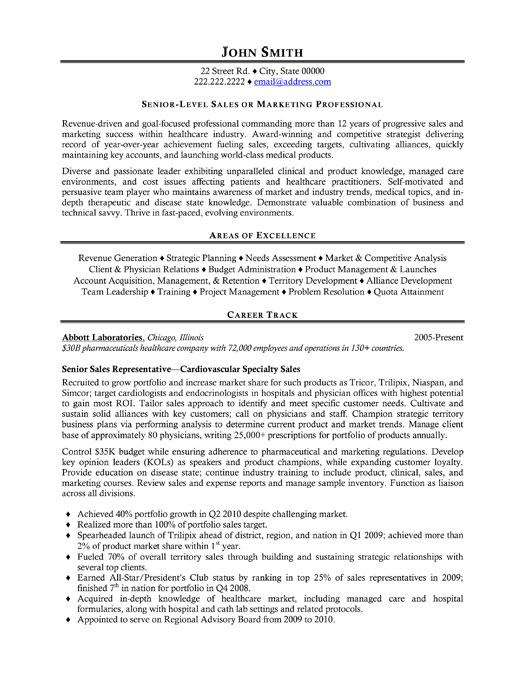CDC - Malaria - About Malaria - History - Elimination of.
Malaria is a mosquito-borne infectious disease that affects humans and other animals. Malaria causes symptoms that typically include fever, tiredness, vomiting, and headaches. In severe cases it can cause yellow skin, seizures, coma, or death. Symptoms usually begin ten to fifteen days after being bitten by an infected mosquito.ELIMINATING MALARIA 2 Malaria is a life-threatening disease caused by parasites that are transmitted to people through the bites of infected female Anopheles mosquitoes. There are five parasite species that cause malaria in humans, and two of these species, Plasmodium falciparum and Plasmodium vivax, pose the greatest threat.In May 2015, the World Health Assembly endorsed a new Global Technical Strategy for Malaria. The strategy includes ambitious goals for malaria control and elimination in the next 15-year period. A key target: eliminating malaria in at least 10 countries by 2020. According to a new analysis from WHO.
These differences in mosquito behavior can affect both the epidemiology of malaria and the choice of malaria control strategy used. For example, An. dirus is an important vector in Southeast Asia and is primarily a forest dweller. People at greatest risk are, therefore, those who enter the forest for whatever reason, while those who stay closer.The outlook for malaria control is grim. The disease, caused by mosquito-borne parasites, is present in 102 countries and is responsible for over 100 million clinical cases and 1 to 2 million deaths each year. Over the past two decades, efforts to control malaria have met with less and less success.

Malaria elimination is the interruption of indigenous transmission of a specified malaria parasite species in a defined geographic area. Certification of malaria elimination in a country requires that indigenous transmission is interrupted for all human malaria species. Continued measures are required to prevent the re-establishment of.












